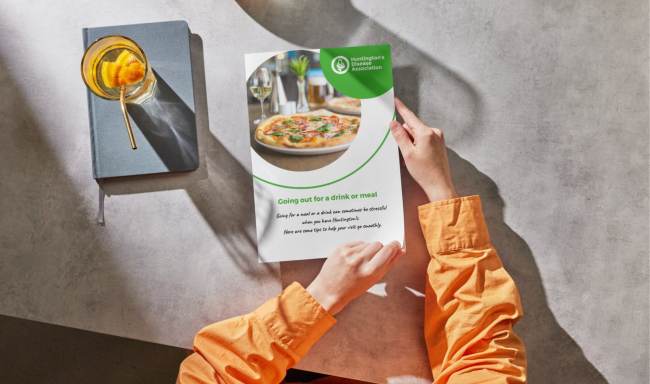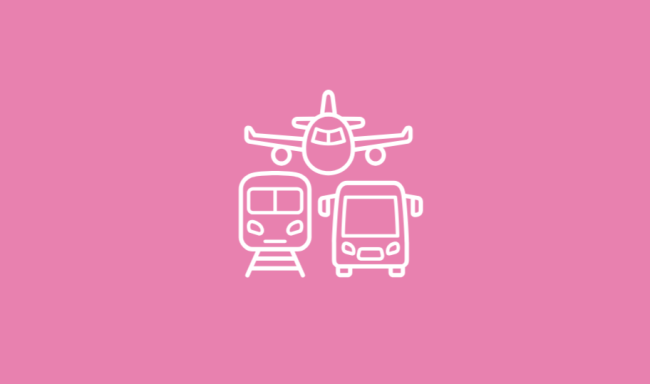Helen shares her perspective on supporting families with Juvenile Huntington's disease over the last 20 years.
Being such a rare condition, it can be very difficult to find people who know about Huntington’s, let alone Juvenile Huntington’s disease. I think it’s important to use the role to build opportunities and networks around Juvenile Huntington’s disease.
Joining the charity in 2003, Helen has made a real impact on our Juvenile Huntington’s disease families for over 20 years. Helen started her time at the Huntington’s Disease Association as a Specialist Adviser. She then carried out a research project into the impact of Juvenile Huntington’s disease on the family. Her role combined research with working directly with families.
Being so early on in my career, I had no idea at the time that it would become such a big part of my life for so many years. The families that I’ve met and worked with have given me my passion, and that's why I’m still here all these years later.
Having a specific Juvenile Huntington’s role means that there are national and international projects taking place with a focus on Juvenile Huntington’s disease. Helen works closely with the European Huntington’s Disease Network’s working group and has worked on several projects relating to Juvenile Huntington’s disease with them. She also worked with HDYO on the Juvenile Huntington’s disease register that they’ve developed (JOIN-HD).
Helen’s role has continued to develop over the years and she is now the Team Leader for the Advisory Service, alongside continuing to work with Juvenile Huntington’s disease families.
A key part of Helen’s role is organising the annual Juvenile Huntington’s disease family weekend. The first Juvenile Huntington’s family weekend was held back in 2005, following a suggestion from a family that they felt they needed an event to connect with other families.
When a condition is rare, it can be so hard for young people with Juvenile Huntington’s and their families. Every year, the power of building those connections for families to support each other is what stands out to me from the weekend.
The weekend offers families in the community a chance to come together, take part in activities and meet others in the same situation. The young people affected by the disease are able to achieve things they may not get the chance to do. It is also a really important weekend for siblings to have some fun alongside them. The parents are offered their own programme, which is a chance for them to share experiences, enjoy some respite and form bonds with other parents.
Those coming on the weekend have made some very strong and important friendships with each other, but what I also love seeing each year is when a family comes for the first time and by the end of the weekend, everyone has made them feel so welcome.
This year, we celebrated the 20 year anniversary of the event. That is 20 years of supporting families where there is Juvenile Huntington’s disease. In that time, 53 families (192 attendees in total) have been able to enjoy this weekend thanks to the generous funding from trusts and grants programmes. We want to give a special thank you to Helen Santini, who has put her all into these events for the past 20 years.
Juvenile Huntington's family weekend
You can find out more about the work we do with those affected by Juvenile Huntington's disease and take a look at our family weekends that have taken place in recent years.




